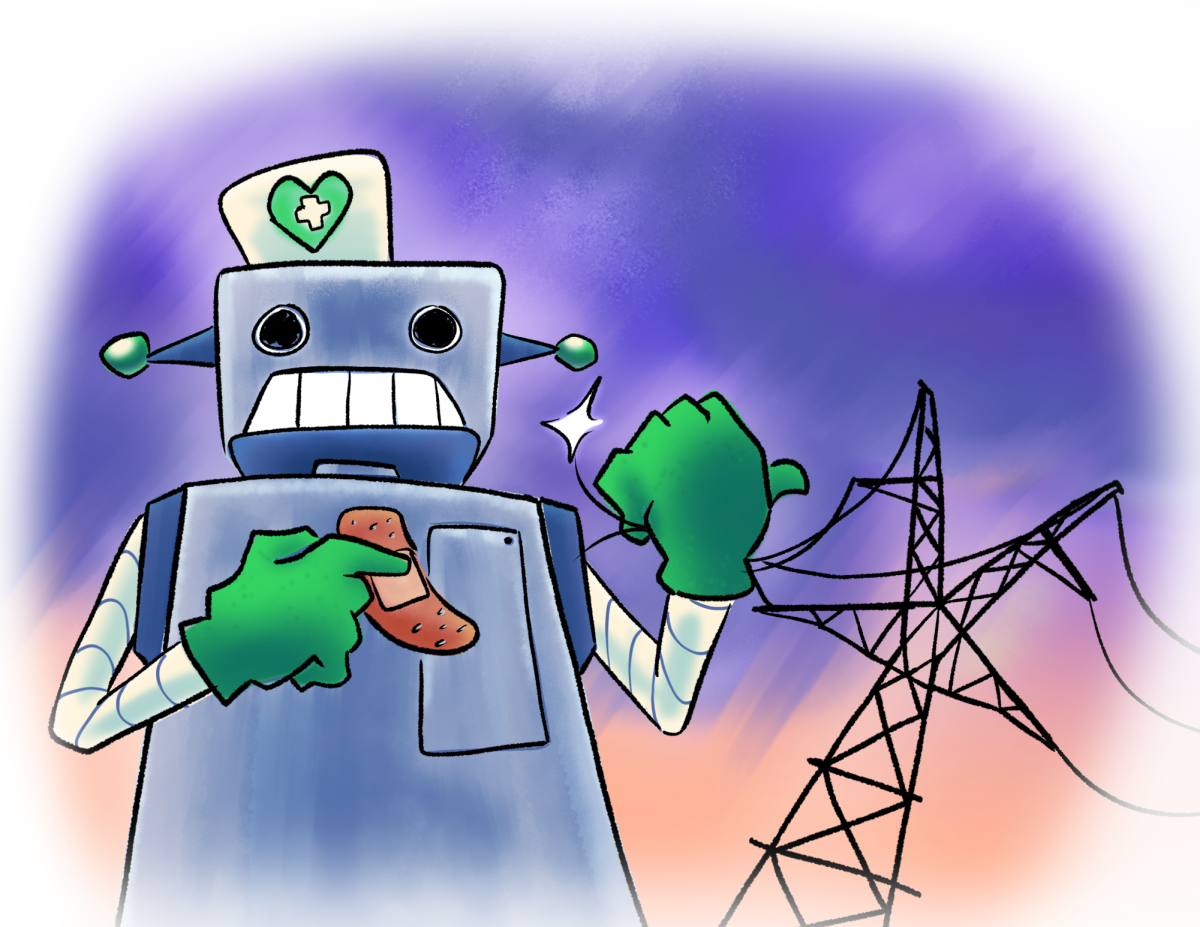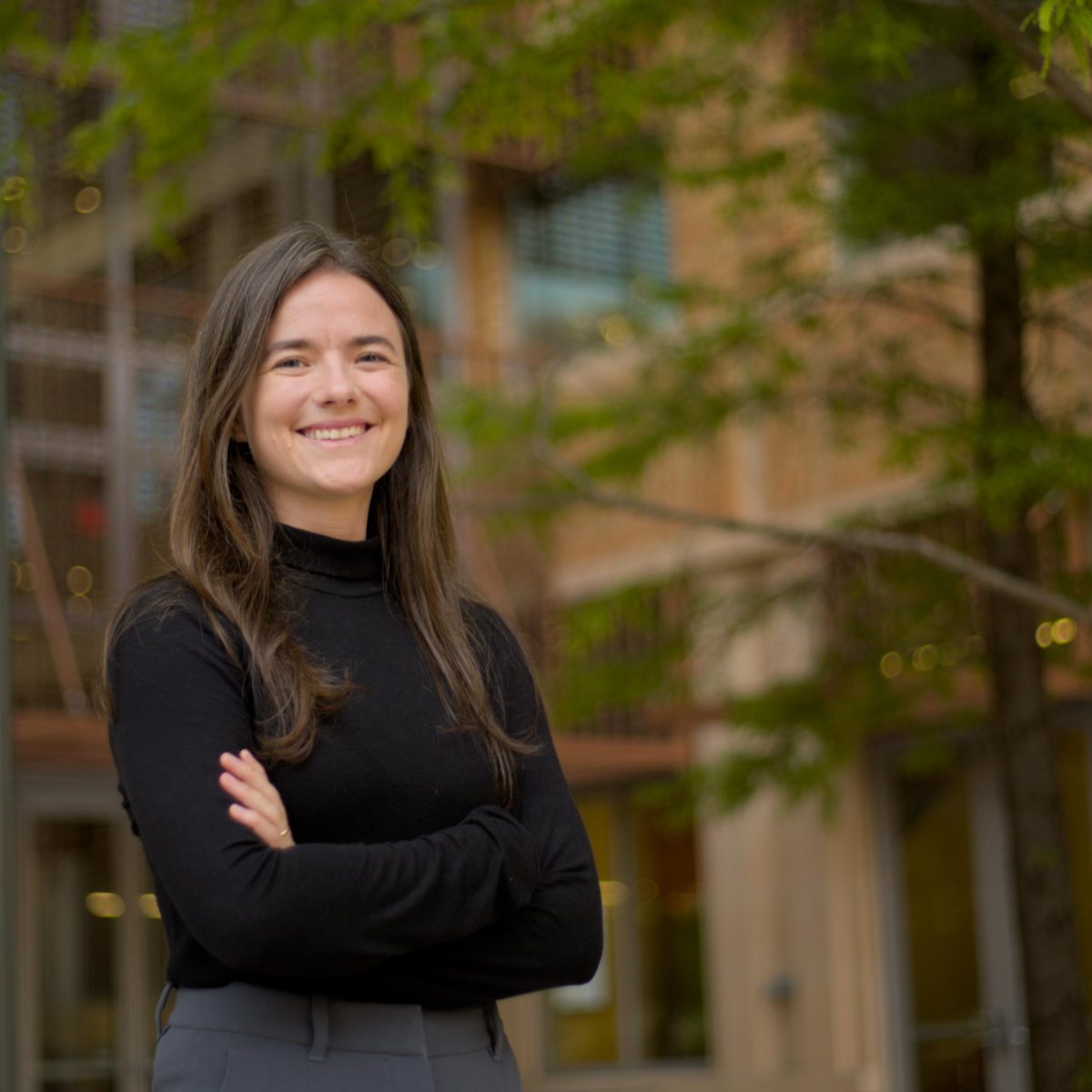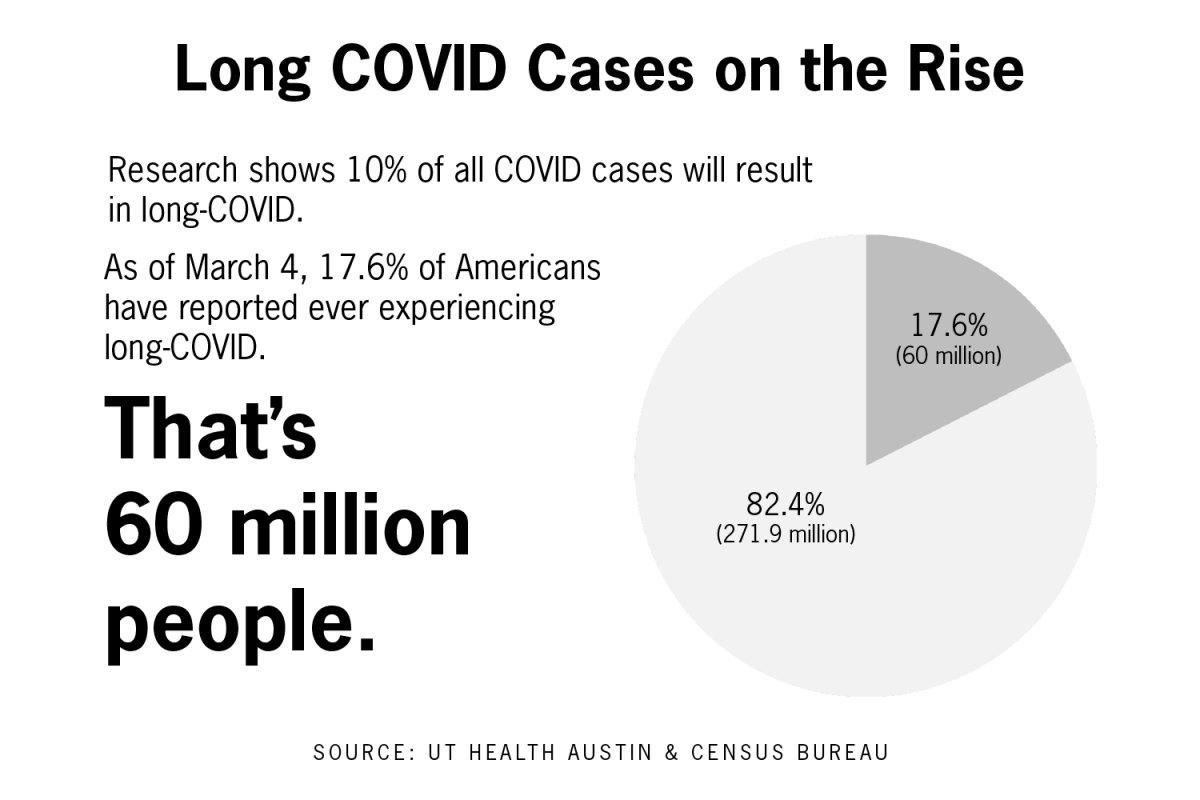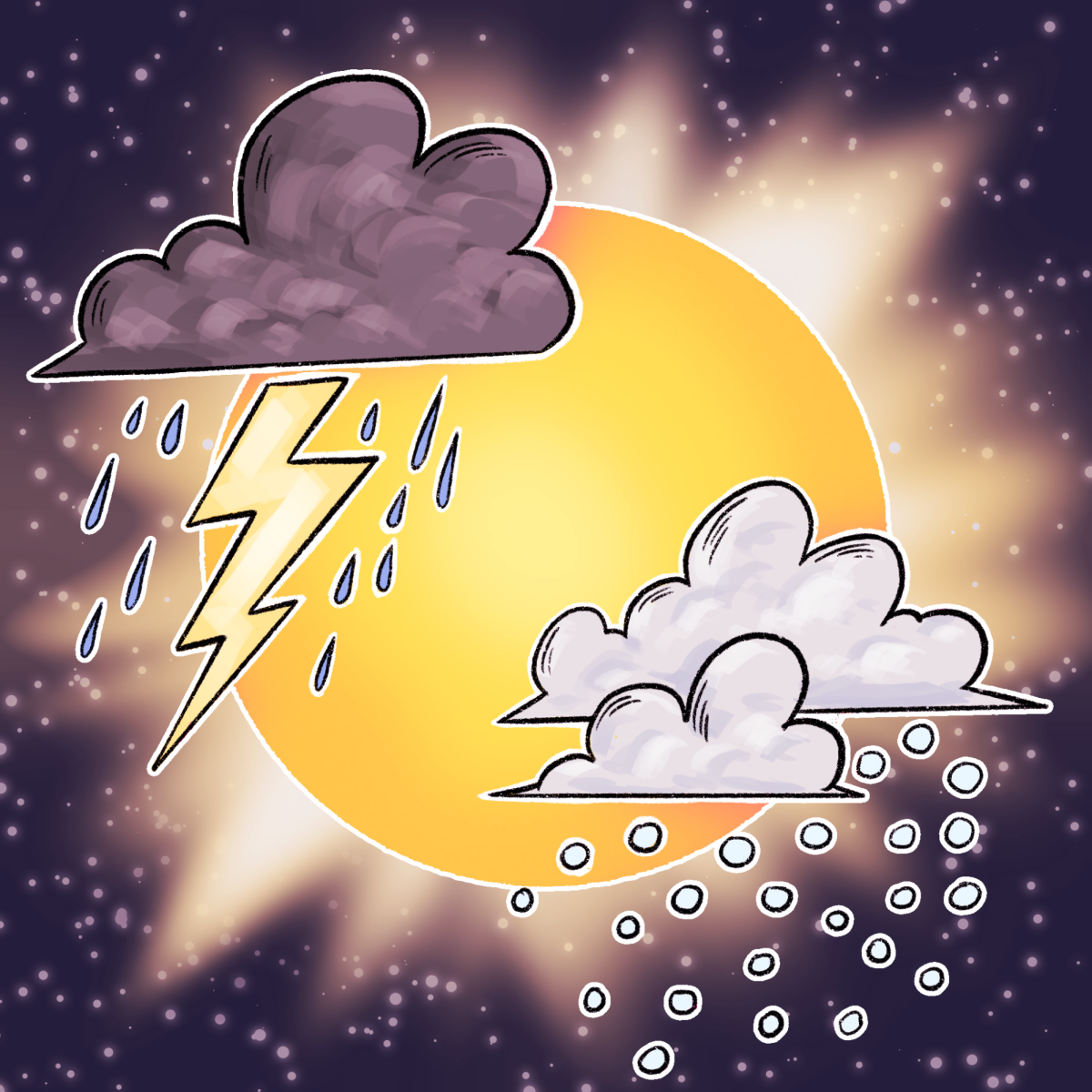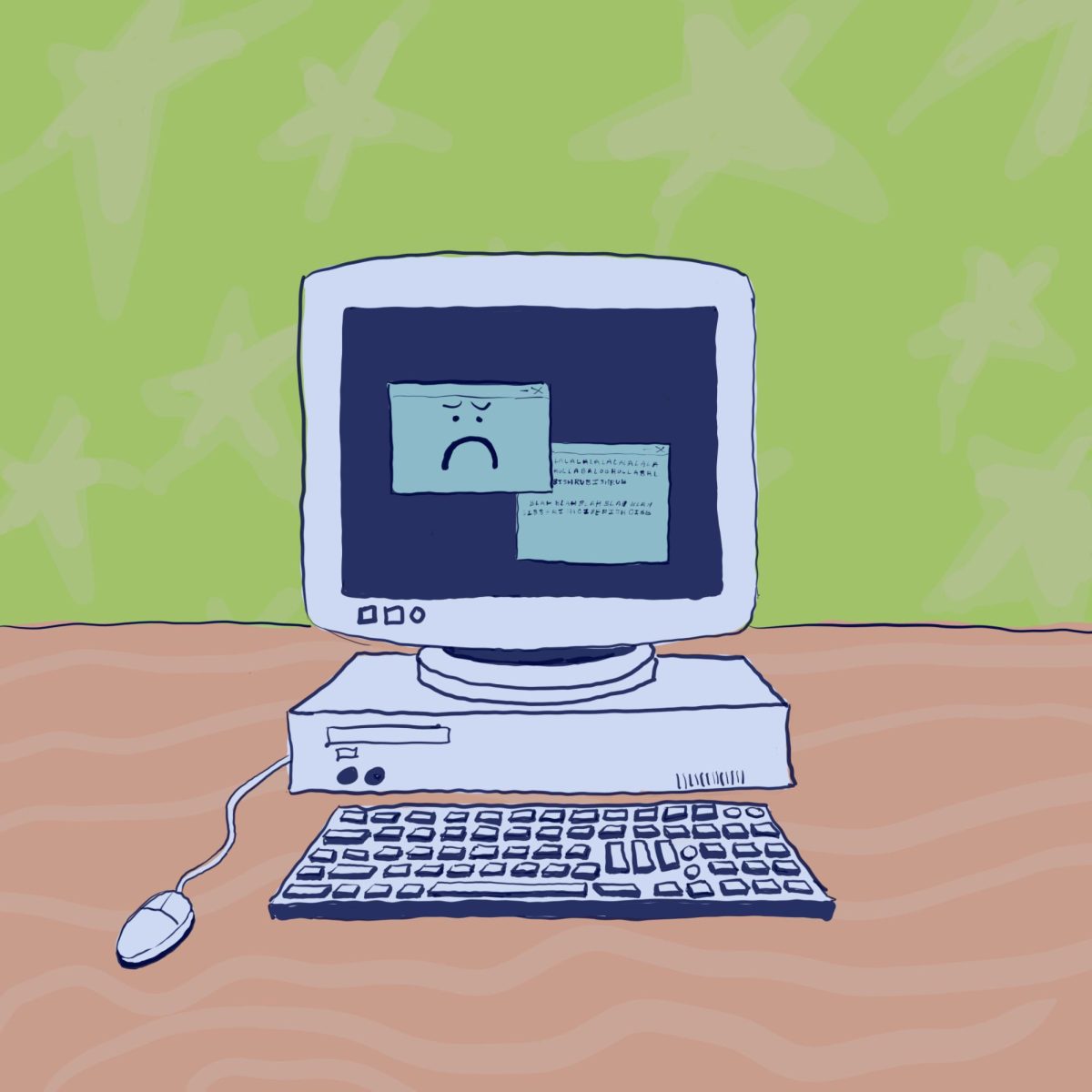An engineering professor at UT is leading six researchers in ongoing research to bring advanced computer programming systems, like artificial intelligence and machine learning, to the future of power grids.
Javad Mohammadi, an assistant professor of civil, architectural and environmental engineering, and his team have two main goals: to make power grids more resilient to disruptions and to equip power grids for today’s more decentralized energy system of renewable energy and individual household’s energy supplies. Due to the Texas’ individual grid, power grid failures, such as the blackout in February 2021 that left more than 4.5 million homes of people without power, have become an expected concern each winter.
“Nowadays, more and more renewable energy sources are connected to the grid, but our grid is outdated,” said civil engineering doctoral candidate Meiyi Li. “There’s a joke mentioned that if the famous creator Thomas [Edison] wakes up, he will still recognize today’s power grid.”
The team is working to develop AI to read how possible future events might impact the grid. Mohammadi said his goal with the research is for the AI to create a more resilient grid by predicting climate trigger events, such as storms and heatwaves, and fighting off cyber intrusions.
“You need to be able to simulate what would happen to the grid if something goes wrong,” Mohammadi said. “To be able to run those scenarios, you need AI tools to be able to see different versions of the future and then see if you’re prepared for all of these possible scenarios.”
The research will also look at communication between household technologies, like solar panels and electric cars, said civil engineering doctoral student Yuhan Du. These technologies can become ‘agents’ to predict and solve problems.
“Each of the agents is capable of performing the local computation and inter-agent communication so that all the agents could see together and try to solve problems together,” Du said.
Du said implementing agents still requires more research. In its current iteration, aging technology and weak networks create a higher chance of suffering from communication delays and the agents can drop out of the system. To avoid this, the team is trying to use the AI to predict the agent’s behavior to anticipate when they will drop.
“[Power grid demand] can be hard to predict with the human mind, but with data-driven methods for artificial intelligence,” Du said. “We can make a more accurate forecast of the next week or next hour, and the power demand of each household.”



